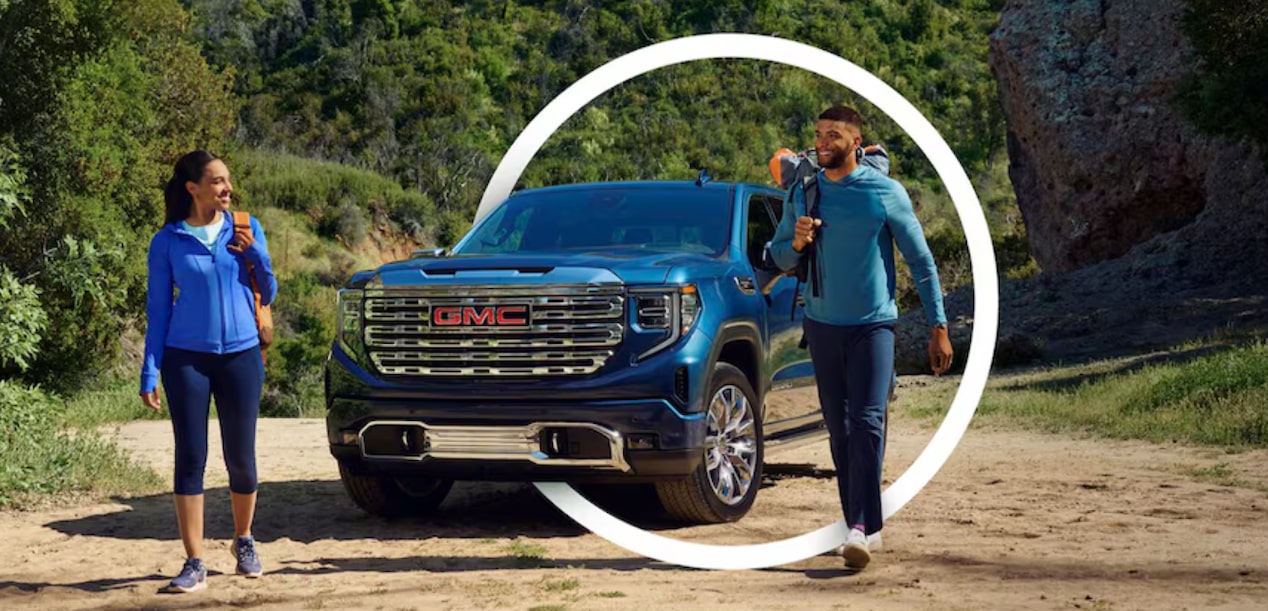ABOUT REAR CROSS TRAFFIC ALERT AND REAR CROSS TRAFFIC BRAKING
When you’re in Reverse, available Rear Cross Traffic Alert warns you of detected vehicles crossing behind you.
When you’re in Reverse, available Rear Cross Traffic Braking alerts you and automatically provides hard emergency braking to help prevent a collision with detected vehicles crossing behind you.
ABOUT REAR CROSS TRAFFIC ALERT AND REAR CROSS TRAFFIC BRAKING
Available Rear Cross Traffic Alert is an alert system designed to help alert you of detected left or right cross traffic behind your vehicle.
Available Rear Cross Traffic Braking is an automatic emergency braking system designed to help avoid or reduce the severity of backing collisions with detected left or right cross traffic.
Both features are only active when your vehicle is in Reverse. They only monitor cross traffic — not vehicles or objects directly behind your vehicle.
To figure out which feature your vehicle is equipped with, look in the Settings menu of your infotainment system. If your vehicle has either feature, you’ll see an option to enable or disable Rear Cross Traffic Alert or Rear Cross Traffic Braking.
HOW REAR CROSS TRAFFIC ALERT AND REAR CROSS TRAFFIC BRAKING WORK
Rear Cross Traffic Alert and Rear Cross Traffic Braking use short-range radars hidden in the rear corners of your vehicle. When your vehicle is in Reverse, the sensors monitor cross traffic to the left and right behind your vehicle.
WHAT REAR CROSS TRAFFIC ALERTS LOOK LIKE
If left- or right-side cross traffic is detected when in Reverse, you’ll see a Rear Cross Traffic Alert and red flashing triangles will appear in the upper-left or upper-right corners of your Rear Vision Camera display. Arrows will point to the direction of the approaching vehicle. Additionally, three directional beeps or three left- or right-side Safety Alert Seat pulses are provided (if equipped; depending on your selected Alert Type menu option).
HOW REAR CROSS TRAFFIC BRAKING WORKS
If you don’t respond quickly or the situation happens suddenly and your vehicle has this available feature, Rear Cross Traffic Braking is designed to automatically apply hard emergency braking to bring your vehicle to a stop.
You can override automatic braking at any time by pressing the accelerator if it is safe to do so.
Pressing the brake pedal after the vehicle comes to a stop will release Rear Cross Traffic Braking. If you don’t press the brake pedal soon after the stop, the Electric Parking Brake may activate. Press the brake pedal and then push the Electric Parking Brake button to release your vehicle.
You will see messages in your Driver Information Center (DIC) explaining how to override automatic braking and then disengage the Electric Parking Brake.
Rear Cross Traffic Braking will turn off automatically if it detects a trailer attached to the rear of your vehicle. If you attach a bike or other object to the rear of your vehicle, you should turn the feature off. These objects can engage automatic braking and prevent you from backing up.
When you have an object attached, you will have to disable the feature again after every time you turn the vehicle off.
Weather Conditions Can Affect Performance
- Conditions that are associated with low visibility, such as fog, rain, snow or road spray, may limit the performance of the system.
- Water droplets from rain or snow that remain on the radar sensors may also limit the system’s ability to detect objects.
Keep the Radar Sensors Clean
- If the radar(s) are obstructed in any way or not properly cleaned, the system might not perform as expected. Check your Owner’s Manual for more information on cleaning the sensor system and the locations of the sensors.
Safety or driver assistance features are no substitute for the driver’s responsibility to operate the vehicle in a safe manner. You should remain attentive to traffic, surroundings and road conditions at all times. Visibility, weather and road conditions may affect feature performance. Read your vehicle Owner’s Manual for more important feature limitations and information.
For your security, please don’t include personal info such as phone number, address or credit card details.
RELATED LINKS AND RESOURCES
Q&As
LOOKING FOR SOMETHING ELSE?
To find out if your vehicle has this feature, contact your dealer or refer to your vehicle’s equipment list. Please check your Owner’s Manual for more information about features.

































